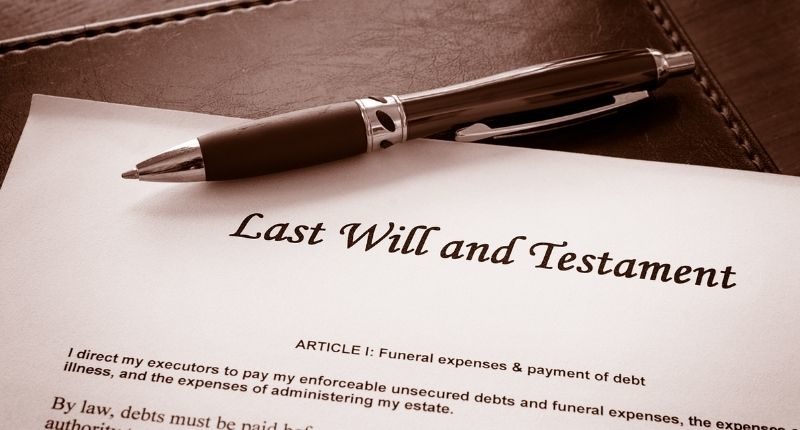- You should make a will as soon as you own assets
- Property includes all your assets - not just the family home
- It should be updated when circumstances change (e.g. marriage)
Solicitor Jules Lewin provides advice on wills, what a “property” entails and other considerations…
A will is a document where you set out your wishes as to how your estate is to be disposed of after you die. It should be prepared by a solicitor rather than using a Will Pack, to avoid any challenge and ensure it is correctly drawn and executed.
It is the most important document you will sign as you won’t be there when it’s read.
What does ‘Property’ include?
- ‘Property’ includes all your assets such as cars, money, shares, insurance policies, furniture, property and anything else you own
- Most Australians die without a will
- If you die without a will, you die ‘intestate’, and your estate will devolve by intestacy (as regulated by law)
- This could result in unintended beneficiaries receiving a benefit that you did not want
- You should not fear making a will … it’s not going to make your life shorter
When should you make a will?
As soon as you own any significant assets, you should make a will. It should then be updated when your circumstances change, such as marriage, divorce, having children or grandchildren.
What Does Your Executor Do?
An executor acts on your behalf and administers your estate according to your wishes, upon your death.
Basically, they step into your shoes and transfer your assets to beneficiaries.
You should choose an executor who will not make erratic decisions after you pass and someone you know and trust. Choose an alternate in case the first one is unable to act or dies before you. You need to appoint a guardian for minor children.
Get legal advice. DO NOT ATTEMPT TO DRAW YOUR OWN WILL.
~~
Before making any financial decisions, please do your own independent research, taking into account your own situation. This article does not purport to provide financial or taxation advice. See our Terms of Use.








